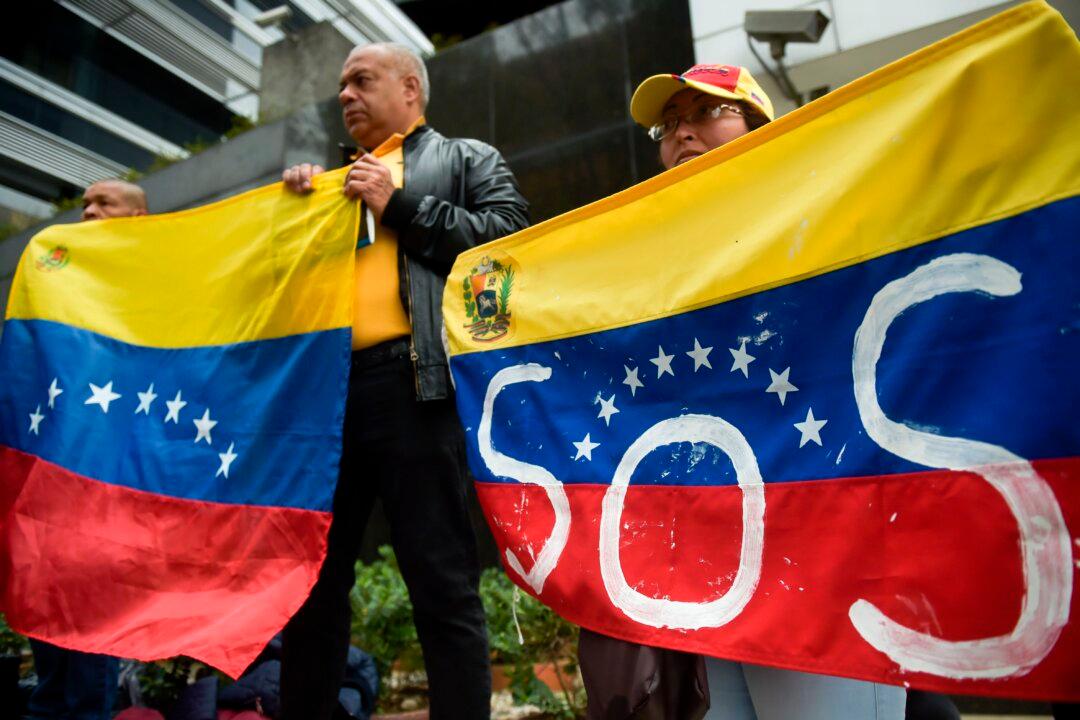News Analysis
The Chinese Communist Party (CCP) is criticizing the United States for its stance on the legitimacy of Nicolás Maduro’s regime in Venezuela, and for calling out the CCP for helping destabilize Venezuela.

The Chinese Communist Party (CCP) is criticizing the United States for its stance on the legitimacy of Nicolás Maduro’s regime in Venezuela, and for calling out the CCP for helping destabilize Venezuela.